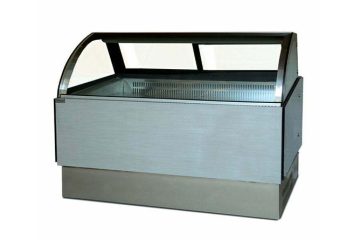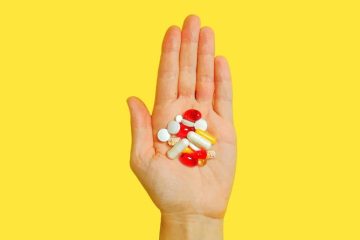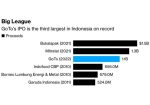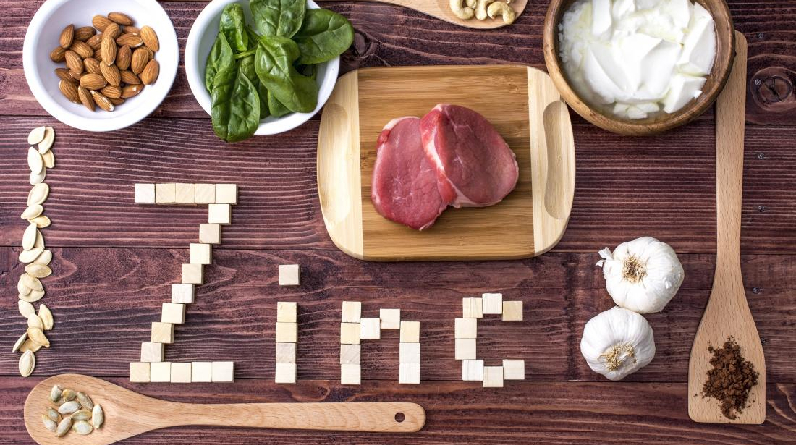
You may be considering taking a zinc supplement after learning of the mineral’s reputation for bolstering the immune system. Zinc is an essential mineral, but the NIH says it’s best to get it from food rather than a bottle. Furthermore, there are substantial arguments supporting this recommendation. Read on to learn about zinc supplements, as well as some of the many other uses for zinc, and the best food sources of zinc.
The Positive Effects of Zinc on Health
Zinc is essential for the functioning of more than 300 enzymes and plays an important role in immune system health. Enzymes contribute to numerous fundamental facets of health, including:
- Digestion that works
- The Role of the Nerves
- Metabolism
- A healthy dose of zinc is good for the brain.
According to a review article published in the International Journal of Molecular Sciences, zinc imbalances in the brain may contribute to age-related cognitive decline, depression, and Alzheimer’s disease. Zinc also plays a vital part in wound healing. Repairing cell membranes, stimulating cell growth, and keeping skin in good condition are just some of the many functions that zinc helps with. According to a review article published in the journal Nutrients3, zinc-dependent proteins play essential roles within cells, including in DNA repair.
Dietary Zinc
You can get zinc from both animal and plant sources. Among the most common animal products are:
- Oysters \sBeef
- The infamous blue crab
- Pork
- Leg of a turkey
- Shrimp
- Sardines
- Putting Fish in Greek Yogurt
- Milk \sEggs
Zinc is easily obtained through the diet, even for vegetarians and vegans. Zinc consumption among adult vegetarians is typical. There are physiological adaptations that an adult’s body can make to a vegetarian diet that improve zinc status, such as increased absorption and retention of zinc.
Some examples of zinc-rich plants are:
- cereals for breakfast
- Toasted pumpkin seeds
- Lentils
- Peanuts
- Rice
- Pinto beans
- Whole grain loaves
- Broccoli
- Tomatoes, cherry
- Blueberries
To the Extent That You Are Deficient
Many different symptoms could emerge from a zinc deficiency. According to the Nutrients review, some of the symptoms may include issues with the skin and a slowed healing rate for wounds.
An insufficient amount of zinc has been linked to issues with perception and appetite. An article published in Consultant Pharmacist found that 35–45% of adults aged 60 and up have intakes of zinc below the estimated average requirement. Taste and smell impairment and loss of appetite are symptoms of zinc deficiency. Zinc deficiency has also been linked to an increase in free radical damage to cells. The risk of accelerated ageing and chronic illness is raised by free radicals, which are harmful substances.
Blood markers for inflammation, a known trigger of premature ageing and chronic diseases, are lowered by zinc, according to a study published in Frontiers in Nutrition.
The following are some of the causes of zinc deficiency:
- Disorders of the blood known as sickle cell
- Disorders of the digestive tract
- Evidence of prior weight-reduction surgery known as bariatric surgery
- Low-fat, high-fiber, and plant-based
Your doctor may ask you about your symptoms or recommend tests if you have any of these risk factors.
Do You Need to Take Vitamins or Minerals?
In the event that your doctor suggests zinc supplements, you and your doctor can figure out the optimal dosage and formulation. You may also need to adjust the dose because zinc can interact with numerous drugs, health issues, and supplements.
Zinc is available in a wide variety of dietary supplements, such as gluconate, picolinate, acetate, and citrate. Lozenges, capsules, and drops are just a few of the many zinc delivery systems available. However, the NIH cautions against relying on zinc supplements to meet recommended intake levels. Instead, you should try to get all the zinc you need from food.
Getting your zinc from food is a great way to diversify your diet. Zinc-rich foods also provide other important nutrients like protein, fibre, vitamins, minerals, and antioxidants. You can avoid the risks associated with zinc supplements altogether by getting all the zinc you need from food.
The Dangers of Too Much Zinc
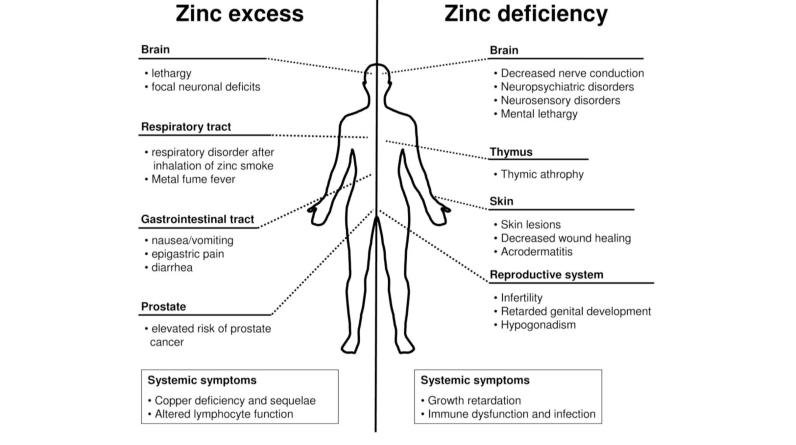
There is a daily UL of 40 milligrammes for adults 19 and up, and this amount includes zinc consumed from food and supplements.
Unless your doctor prescribes and monitors zinc supplements for a specific medical condition, a long-term intake above that amount increases the risk of adverse health effects.
See Also: Afghan Girls Say, “We Have Nothing; We Have Absolutely Nothing.”
Consequences of zinc overload include:
- Nausea
- Vomiting
- Reduced hunger
- Constant cramping in the abdomen
- Diarrhea
- Headaches
- Modified copper and iron metabolism
- Insufficient defences
- Lower than desirable levels of HDL (“good”) cholesterol
So, remember that more zinc isn’t always preferable. If your doctor prescribes a zinc supplement, make sure you discuss the best time of day to take it, how often, and for how long.
Leave a reply
You must be logged in to post a comment.


